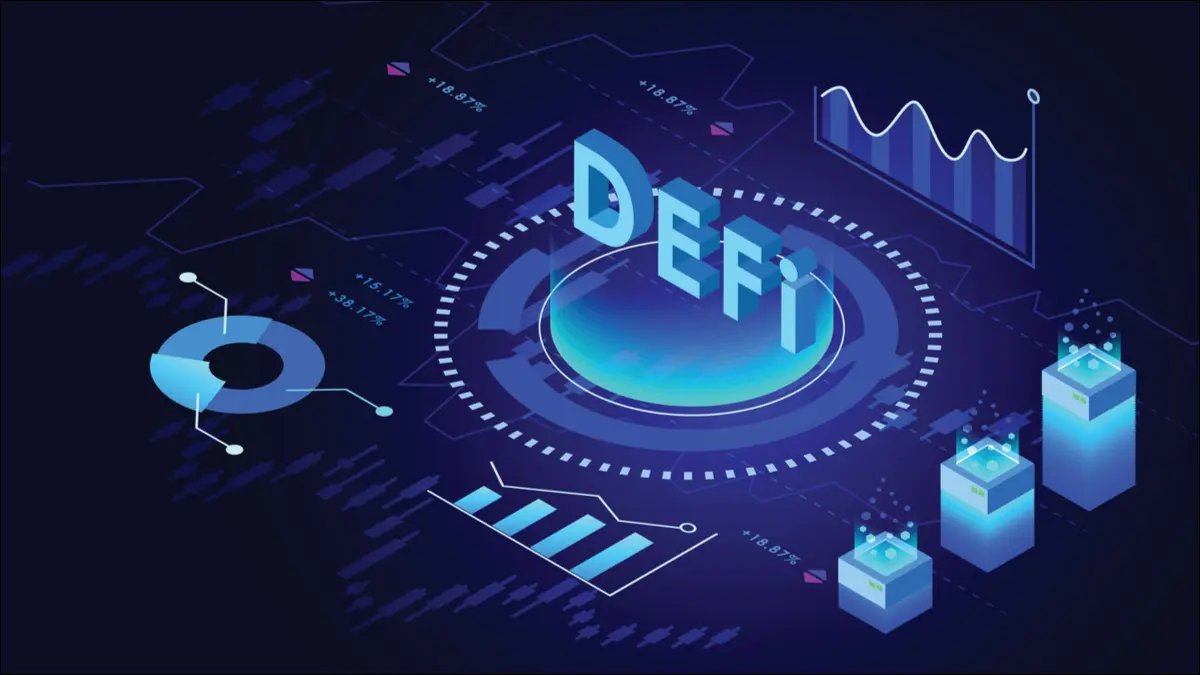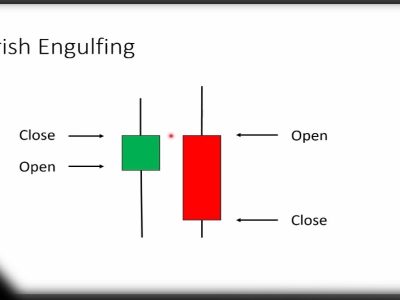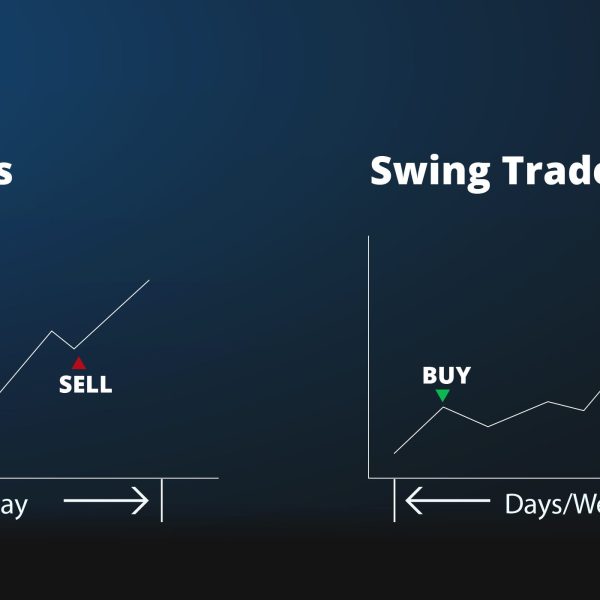Smart contracts have become a cornerstone of the decentralized finance (DeFi) movement, a technology that’s rapidly changing the face of the financial industry. These self-executing contracts with the terms of the agreement directly written into code enable transparent and efficient financial transactions.
Let LI.FI draw you into how smart contracts are integrated into DeFi and why they’re considered a revolutionary force in the financial world.
The mechanism of smart contracts in DeFi
Smart contracts operate on blockchain technology. Mostly on platforms like Ethereum. They work by automatically executing, controlling, or documenting legally relevant events according to the terms of a contract or an agreement. They can include bridging insurance, making them even more reliable and secure. The decentralized nature of blockchain ensures that these contracts run exactly as programmed without any downtime, fraud, or interference from a third party.
Smart contracts are essential for the creation of decentralized applications. These apps can perform a wide range of financial functions without the need for traditional financial intermediaries. Users transact peer-to-peer, with the blockchain acting as the ‘trustworthy middleman’.
For example, when using a DeFi lending platform, a user can lend out their cryptocurrency and earn interest directly through a smart contract, with the terms of their agreement executed automatically and immutably on the blockchain.
One of the significant advantages of smart contracts in DeFi is their transparency. Every transaction is recorded on the blockchain, which is publicly accessible and verifiable by anyone. This level of transparency is unprecedented in traditional finance and is a key factor in why DeFi is gaining popularity. It offers a new level of openness, potentially reducing the risk of corruption and bias.
Challenges and opportunities for smart contracts
Despite their potential, smart contracts in DeFi are not without challenges. The biggest concern is the security. As they remain untouched once created, all the errors and bugs can be fixed only via the new contract. This has led to several high-profile hacks in the DeFi space, resulting in the loss of millions of dollars.
However, these challenges present opportunities for growth and innovation within the DeFi ecosystem. Efforts are being made to develop more sophisticated coding languages and frameworks that are designed to minimize risks and errors. Insurance protocols are also emerging within DeFi to provide a safety net against smart contract failures.
Another opportunity lies in the scalability of smart contracts. As the DeFi space grows, the demand on the networks that these contracts run on increases, leading to higher transaction fees and slower processing times. Innovations like layer-two solutions and alternative blockchain platforms are being developed to handle the increased load, ensuring that smart contracts can continue to facilitate a high volume of transactions efficiently.
Conclusion
Smart contracts are a foundational technology in the field of DeFi, providing a framework for transparent financial transactions. While there are challenges such as security vulnerabilities and scalability issues, the DeFi community is actively engaged in addressing these problems.
As this technology matures, it could lead to a more inclusive financial system where anyone with internet access can participate without the gatekeeping of traditional financial institutions. The journey of smart contracts in DeFi is still in its early stages, and the road ahead is both challenging and exciting.












